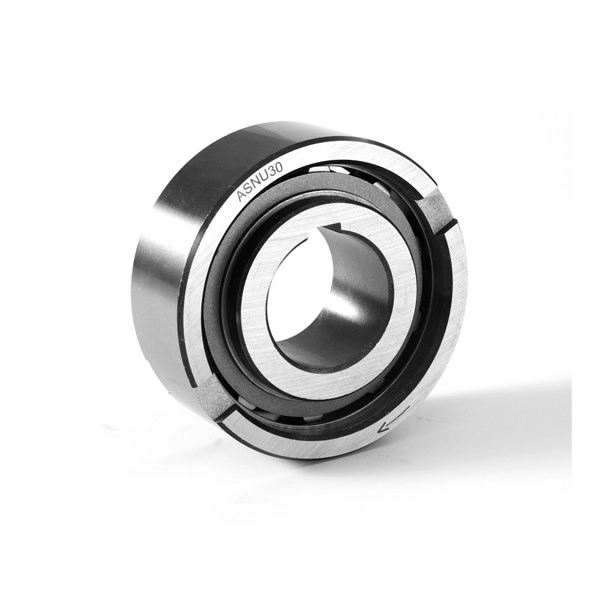Dec . 25, 2024 21:19 Back to list
Best Practices for Lubricating Electric Motor Bearings to Enhance Performance
Lubricating Electric Motor Bearings Importance and Best Practices
Electric motor bearings play a critical role in the efficient operation of electric motors, directly impacting performance, lifespan, and overall reliability. The functionality of these bearings largely depends on the lubrication used. Proper lubrication reduces friction, dissipates heat, and prevents corrosion, thereby ensuring smooth operation. This article explores the importance of lubricating electric motor bearings, the types of lubricants available, and best practices for maintaining optimal lubrication.
The Importance of Lubrication
Electric motors are widely used across various industries, from manufacturing to renewable energy. The bearings within these motors are subjected to heavy loads and continuous movement, which can lead to wear and tear. Without adequate lubrication, the friction generated can cause overheating and premature failure. The significance of proper lubrication cannot be overstated
1. Friction Reduction Lubrication creates a thin film between the bearing surfaces, reducing direct contact and minimizing friction. This is essential for maintaining efficiency and preventing wear.
2. Heat Dissipation Motors generate heat during operation, and without proper lubrication, this heat can accumulate, leading to bearing failure. Lubricants help to dissipate heat, maintaining optimal operating temperatures.
3. Corrosion Prevention Bearings are susceptible to moisture and contaminants, which can lead to rust and deterioration. Quality lubricants often contain additives that protect against corrosion and extend the lifespan of the bearings.
4. Vibration Dampening Properly lubricated bearings minimize vibrations, which can lead to resonance and further mechanical issues. This is particularly crucial in precision applications.
Types of Lubricants
When choosing a lubricant for electric motor bearings, it is essential to consider the specific operating conditions. Two primary types of lubricants are used
1. Grease Grease is a semi-solid lubricant that provides excellent protection against wear and tear. It is often preferred for electric motor bearings as it adheres well to surfaces and can provide long-term lubrication. There are various types of grease available, including lithium-based and calcium-based, each with unique properties suitable for different applications.
lubricating electric motor bearings

2. Oil Oil lubricants can be more effective in dissipating heat and are often used in high-speed applications. They can provide better coverage and penetration within the bearing but may require more frequent replenishment. Additionally, synthetic oils are available, which offer superior thermal stability and improved performance in extreme conditions.
Best Practices for Lubrication
To achieve optimal performance from electric motor bearings, it is crucial to follow best practices regarding lubrication
1. Regular Maintenance Establish a maintenance schedule that includes regular inspections and lubrication checks. This ensures that bearings are adequately lubricated before any issues arise.
2. Cleanliness Contaminants can significantly impact the effectiveness of lubrication. Always ensure that the bearing surfaces are clean before applying any lubricant. Use clean tools and containers to avoid introducing dirt and debris.
3. Right Amount & Application Over-lubricating can lead to grease churning, increasing friction and temperatures, while under-lubricating can lead to inadequate protection. Follow manufacturer guidelines regarding the quantity and frequency of lubrication. A small quantity applied evenly is typically more effective than a large mass at once.
4. Monitor Performance Keep an eye on changes in performance metrics such as temperature, noise levels, and vibration. Any significant change may indicate a lubrication issue and should be addressed promptly.
5. Evaluate Environmental Factors Consider the operating environment, such as temperature fluctuations, exposure to moisture or dust, and load conditions. These factors can influence the choice of lubricant and the frequency of application.
Conclusion
In conclusion, lubrication of electric motor bearings is a critical aspect of motor maintenance that significantly affects performance, efficiency, and longevity. By selecting the appropriate lubricant, adhering to best practices, and performing regular maintenance, operators can ensure that their electric motors operate smoothly and reliably, minimizing downtime and repair costs. Emphasizing the importance of lubrication will contribute to the sustainable operation of electric motors across various applications.
Latest news
-
25MM 2 BOLT UCFLX05-14 Flange bearing unit( oval)
NewsMar.07,2025
-
4 bolt UCF 200 series Pillow block bearings
NewsMar.07,2025
-
25MM 2 BOLT UCFLX05-14 Flange bearing unit( oval)
NewsMar.07,2025
-
UCF216-50 4-Bolt Flange Housing Square Bearing
NewsMar.07,2025
-
25MM 2 BOLT UCFLX05-14 Flange bearing unit( oval)
NewsMar.07,2025
-
spherical roller bearing material exporter
NewsMar.07,2025





